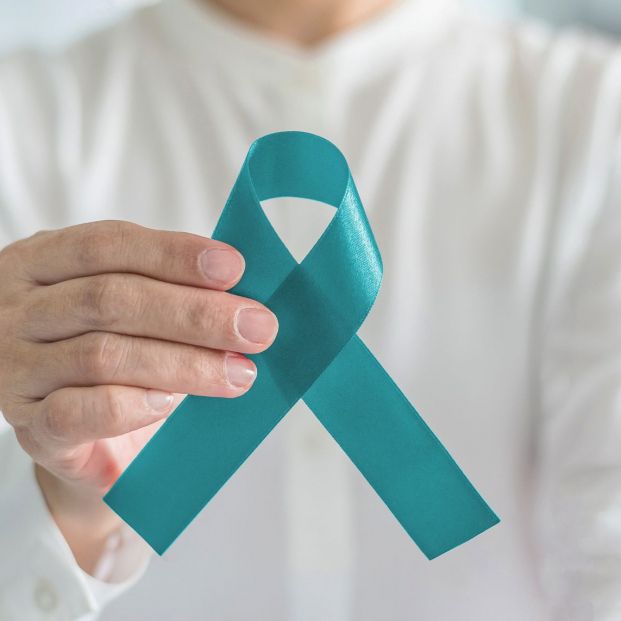Every May 8th, since 2013, the world commemorates World Ovarian Cancer Day, a date established by patient organizations and health professionals with the aim of raising awareness about this disease that affects thousands of women worldwide.
This type of cancer is diagnosed annually in almost a quarter of a million women and causes approximately 140,000 deaths each year, according to statistics from the Centers for Disease Control and Prevention (CDC).
Por su parte, la Organización Mundial de la Salud (OMS) define el cáncer de ovario como un tumor maligno caracterizado por la pérdida de control en el crecimiento, desarrollo y multiplicación de las células ováricas, con capacidad de producir metástasis inicialmente en el peritoneo y en los ganglios loco-regionales, y posteriormente en sitios distantes del organismo.
What is ovarian cancer?
Ovarian cancer is a malignant tumor that originates in the ovaries due to the abnormal growth of cells. In its early stages, this pathology generally does not present symptoms, which makes early detection difficult. It is usually diagnosed when it has already spread to the pelvis and abdomen, which makes it more difficult to treat and increases the risk of mortality.
The initial symptoms are often confused with those of digestive or intestinal disorders, which can delay diagnosis. Some of the characteristic symptoms of ovarian cancer include:
- Pain and inflammation in the abdomen.
- Abdominal distension.
- Diarrhea or constipation.
- Loss of appetite.
- Abnormal vaginal bleeding.
- Frequent urination.
- Unexplained weight loss.
- Back pain.
It is important that any suspicious symptom be evaluated by a specialist doctor to confirm the diagnosis.



Risk Factors
The main risk factors for developing ovarian cancer are:
- Age over 50 years.
- Family history of ovarian or breast cancer.
- Early onset of menstruation (menarche).
- Use of hormone replacement therapies or fertility treatments.
- Not having had children.
- Lifestyle: obesity, smoking, and sedentary lifestyle.
- Late menopause.
- Gynecological history, such as endometriosis or ovarian cysts.
Given that there are no specific early detection tests, it is crucial for women to pay attention to potential symptoms and regularly visit their gynecologist.
For specialists, early diagnosis is key, as it significantly improves the chances of survival. Therefore, World Ovarian Cancer Day seeks to promote awareness about the importance of prevention, recognition of symptoms, and the performance of periodic medical check-ups.

 Spanish
Spanish








